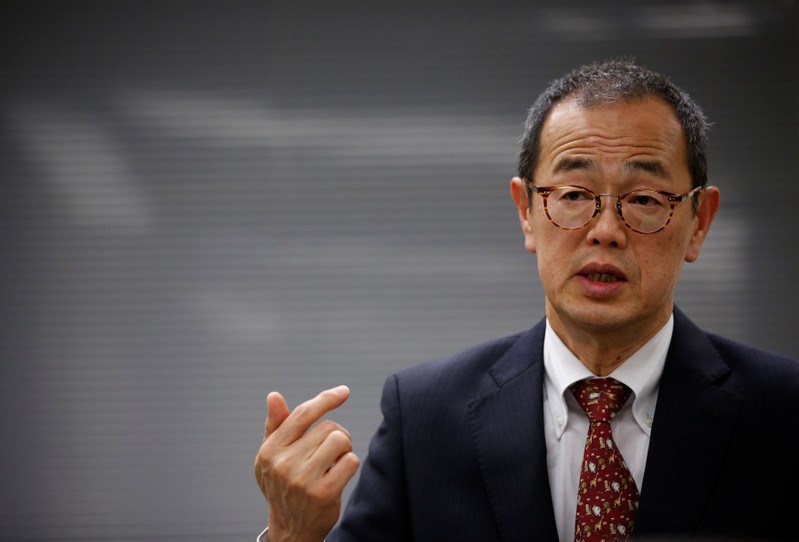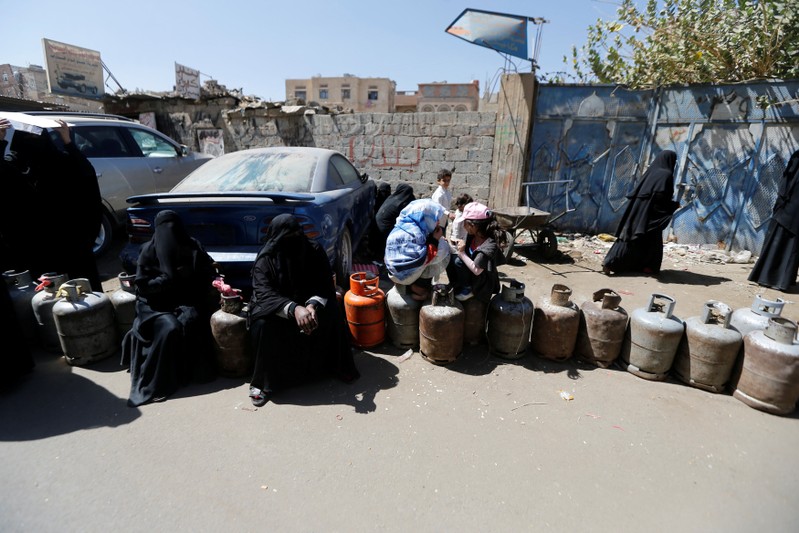
Japan’s Nuclear Regulation Authority (NRA) Chairman Toyoshi Fuketa speaks during an interview with Reuters in Tokyo, Japan November 7, 2017. REUTERS/Issei Kato
November 7, 2017
By Osamu Tsukimori and Aaron Sheldrick
TOKYO (Reuters) – The pace of approvals for nuclear reactor restarts in Japan, where most plants remain shut following the Fukushima disaster, is unlikely to pick up in the coming years, the new head of Japan’s nuclear regulator said in an interview on Tuesday.
The comments from Nuclear Regulation Authority (NRA) Chairman Toyoshi Fuketa suggest Japan may not make headway in meeting its electricity generation targets. By 2030, the country was expecting nuclear to power about one-fifth of its generation. However, utilities are having difficulty grappling with tougher rules on protecting reactors from natural disasters in the earthquake-prone country.
Following the Fukushima nuclear disaster in 2011, the world’s worst since Chernobyl in 1986, the NRA was set up in 2012 to draft new safety standards that have been described as among the world’s toughest.
Since then, 12 reactors at six nuclear plants have passed the safety requirements needed to restart, but only four reactors are currently operating. One more reactor that resumed operations after meeting the requirements has been shut down for scheduled maintenance.
Most of the approvals have been for reactors in western Japan and not on the east coast where Tokyo Electric Power Co’s Fukushima Daiichi station was located. The plant suffered multiple reactor meltdowns after an earthquake on the northeast coast caused a tsunami that swamped the site.
“We have accumulated experience in safety reviews, but comparatively speaking, many of the plants in eastern Japan that we are reviewing now have difficult natural conditions,” Fuketa, 60, said in the interview. “It’s doubtful the pace of approvals would quicken.”
A majority of Japanese oppose nuclear power after Fukushima and restarts are a delicate political issue rather than just a matter of meeting technical safety requirements.
When asked if he could place a number of how many reactors may be approved for a resumption of operations in the next five years, Fuketa said: “I honestly do not know.”
About a dozen other reactors are going through safety checks as part of a relicensing process under the new rules.
Fuketa is known for taking tough positions during safety reviews of reactors and has been instrumental in directing the clean-up of the wrecked Fukushima plant.
Japan’s government set an energy mix plan in 2015 that forecasts relying on nuclear power to generate between 20 to 22 percent of the country’s electricity in 2030. That requires having about 30 reactors operating by then.
Japan’s nine regional power utilities and a wholesaler, Japan Atomic Power Co, have 42 nuclear reactors for commercial use, with a total generating capacity of 41,482 megawatts.
(Editing by Christian Schmollinger)

